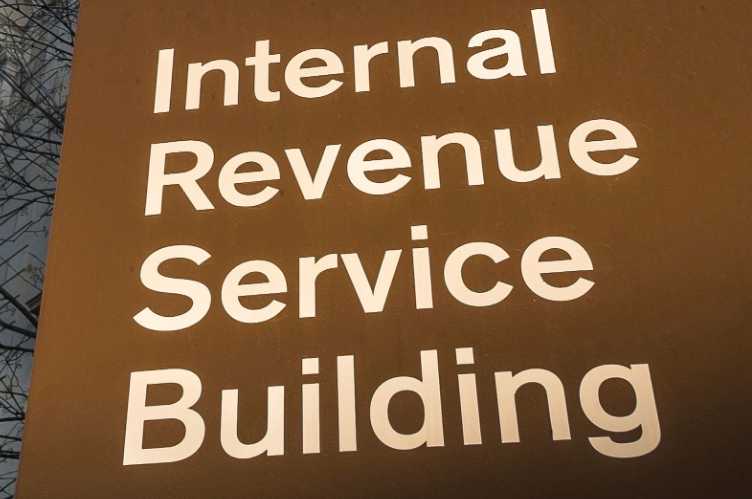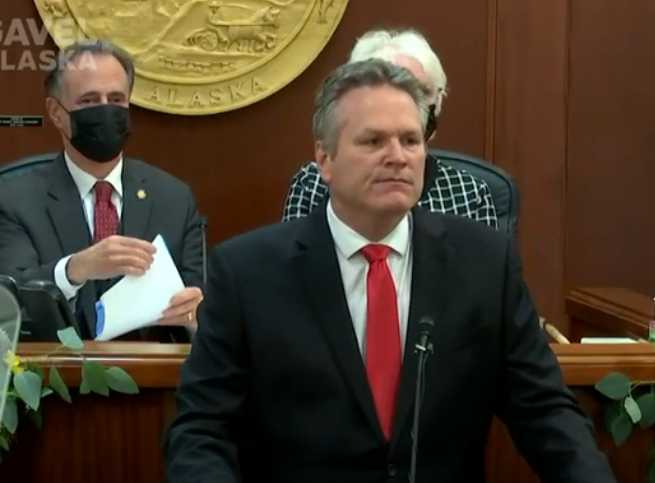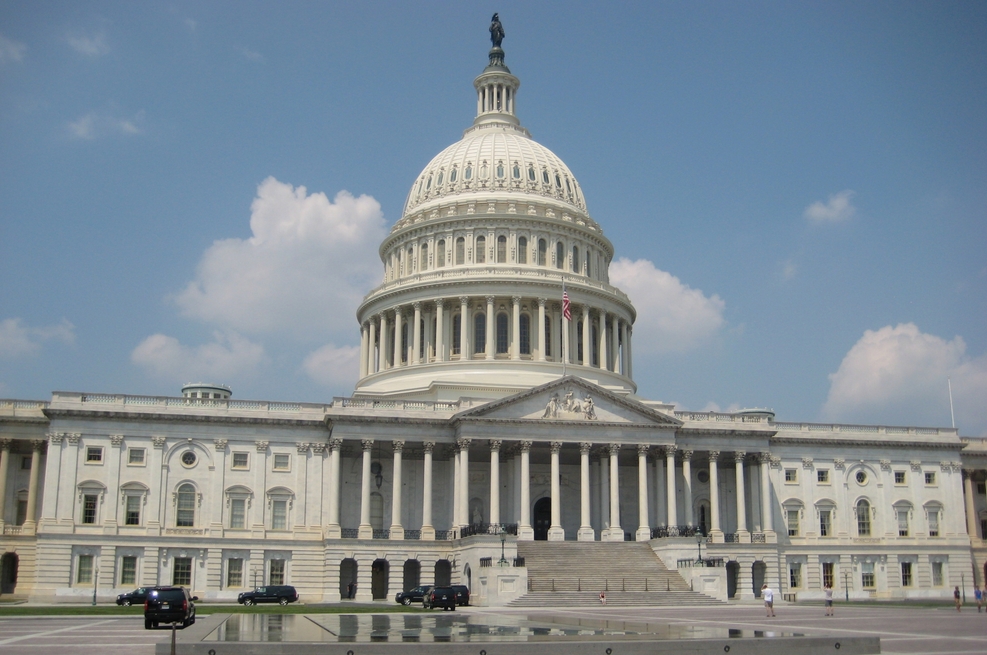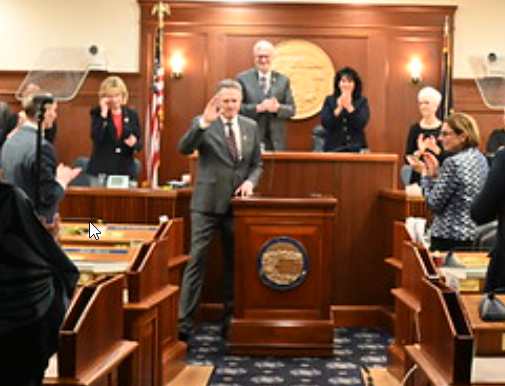SB 57 Takes Away Petroleum Property Tax Revenue From Municipalities Across Alaska
Juneau – Wednesday, Alaska Governor Michael J. Dunleavy put forward legislation to change the long-standing authority that allows municipalities and boroughs to collect taxes on all property within their jurisdiction. Senate Bill 57 would allow the State of Alaska to collect the entirety of taxes on petroleum property, depriving municipalities and boroughs of a reliable revenue stream that has funded schools and essential public services for decades.
“This bill asks the Alaska Legislature to approve a tax scheme that treats petroleum production property differently than other types of property. We would never consider telling the business hubs of Anchorage and Fairbanks that they can’t tax commercial properties anymore because the State needs that money,” said Rep. John Lincoln (D-Kotzebue). “While Senate Bill 57 applies equally to all petroleum property statewide, it, unfortunately, would have a disproportionate effect on the North Slope Borough, which is where the vast majority of Alaska’s known oil reserves are located. Oil from the North Slope has historically produced upwards of 90 percent of the revenue to the State of Alaska.”
Senate Bill 57 would significantly impact the North Slope Borough as well as other areas with petroleum production and pipeline property. The Fairbanks NorthStar Borough and the cities of Anchorage, Kenai, and Valdez have all developed budgets on the assumption that they will continue to have the authority to levy and collect taxes on petroleum-based property within their boundaries.
[content id=”79272″]
“Senate Bill 57 would decimate the North Slope Borough’s budget and reduce its ability to provide for essential services like education and public safety,” said Sen. Donny Olson (D-Golvin). “The North Slope Borough provides many services to residents in villages outside of Utqiagvik such as policing and utilities like water and sewer. If the Borough is unable to provide for these services, then the state will have to step in, which will cost even more money in the long-term. What the Governor is proposing is not cost savings, it’s cost shifting.”
Senate Bill 57 was formally introduced Wednesday in the Alaska State Senate and referred to the Community and Regional Affairs and Finance Committees.








